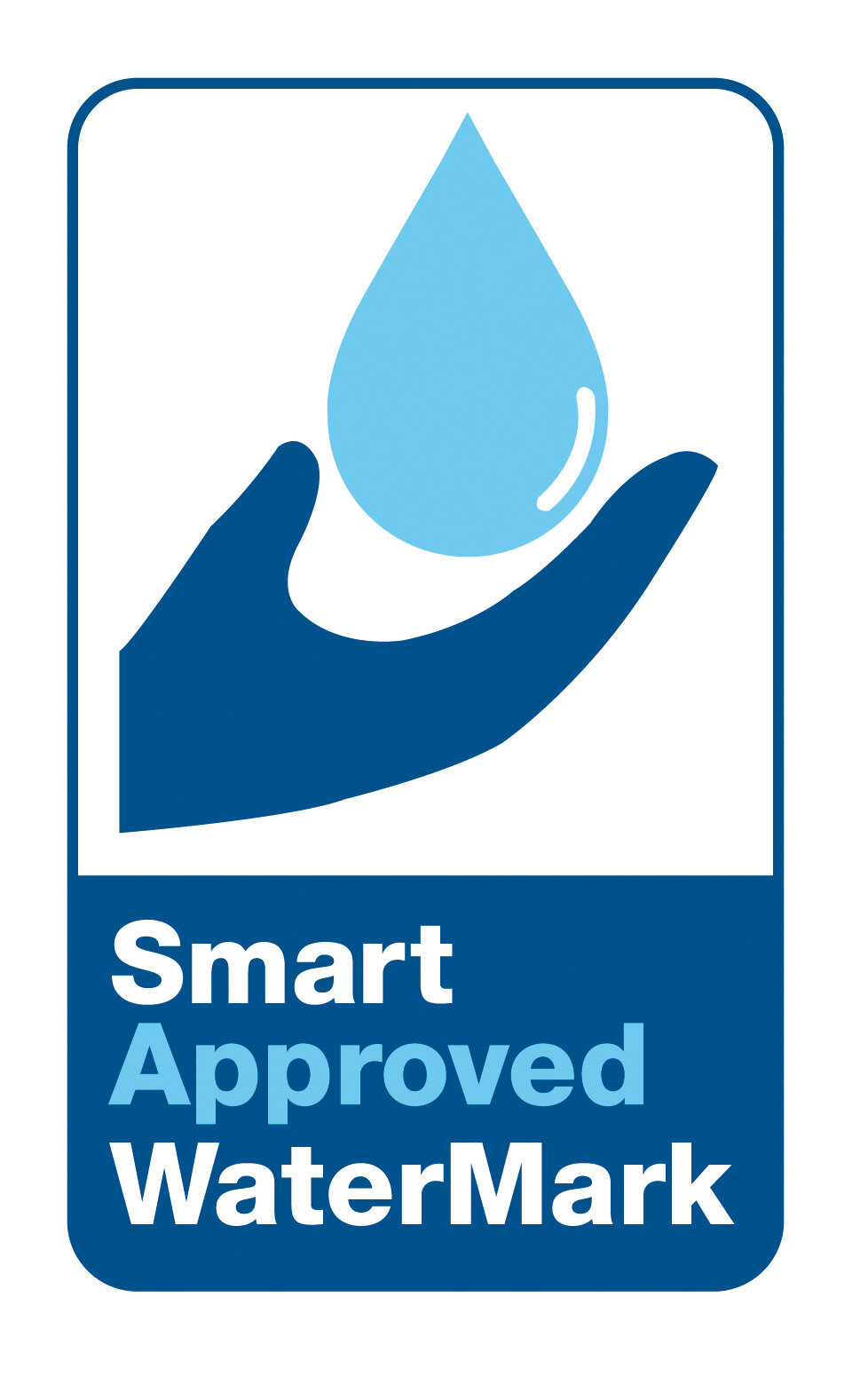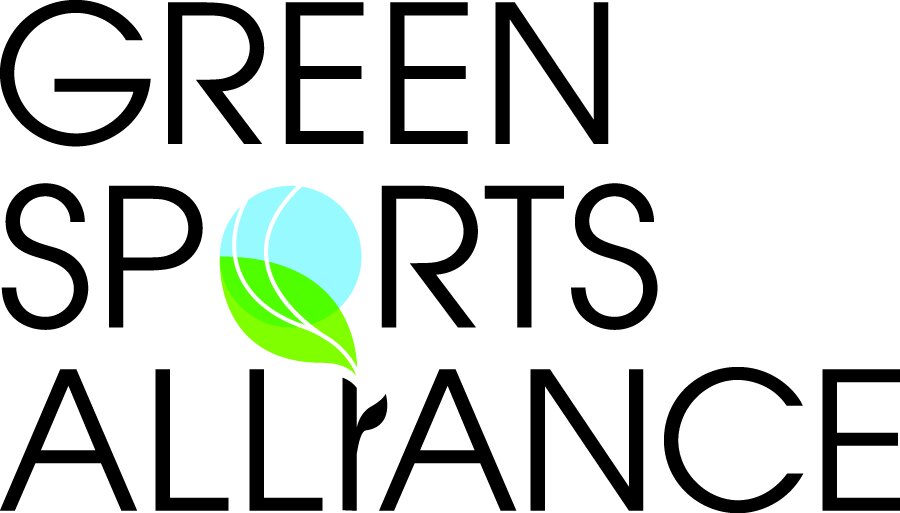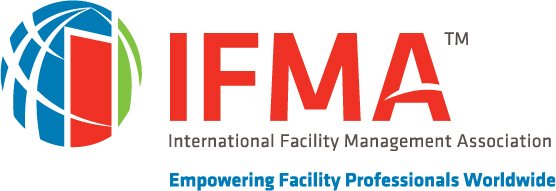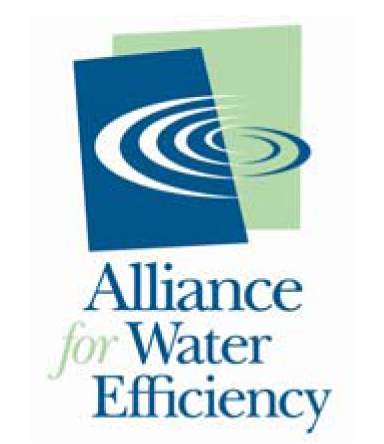"Awareness is the great agent for change," says Echart Tolle, author and international spiritual guru.
This can apply to everything, including water-related challenges and water scarcity, which is becoming a global concern. According to Klaus Reichardt, CEO and Founder of Waterless Co., Inc., the key to reducing water consumption, preventing water scarcity, and ensuring its availability in the future is awareness.
"This will be especially true in 2024, as more people become aware of the gap between water supply and demand. It will encourage more people around the world to take actions to conserve water and use water much more efficiently."
However, we are learning that the effectiveness of change using awareness campaigns often depends on how it is presented. For instance, in the mid-1980s, drug awareness programs were created to encourage American teenagers not to take drugs and, if they started, to stop taking them.
Since then, several studies have been taken, all coming to the same conclusion: these drug prevention programs did not work. In some cases, they even increased drug use among teenagers.
As to why they did not work, there are almost as many conclusions as there are studies. But most of these studies concluded: "Scare tactics do evoke a strong emotional reaction, [but] research shows that teens still don't modify their behavior accordingly. They rarely make the connection between the message and their own personal [use of drugs]."
Interestingly, studies have found that the same is true of adults. Instead of getting adults to change certain behaviors, scare tactics often make them feel guilty. When this happens, they tune out the campaign or do just the opposite of what the campaign is encouraging them not to do.
"In the past, scare tactics have been used to shock people into using less water," says Reichardt. "While awareness is the answer to helping the world reduce water consumption and use water more responsibly, scare strategies should not be used. A different approach is necessary."
Instead of scare tactics, here is what Reichardt recommends:
End the doom and gloom. Instead of showing desperate people walking miles to collect water or having no water, focus on what is being done to help these people alleviate these challenges. Positive behaviors can promote positive changes, including using water more responsibly and efficiently.
Communicate with images. It's true. Images can speak a thousand words. But don't show despair in these images; show hope and solutions. This creates positive emotions and inspires people to reduce their own water consumption.
Calls to Action. Let people know what they can do to help address water challenges and water scarcity. Positive awareness campaigns need to leave people with positive emotions and hope and indicate what steps they can take to improve the situation. Be specific. Let people know what they can do. This approach will help people feel good about themselves and feel they are part of a global campaign to help others when it comes to water.
Storytelling. The goal of any awareness campaign is to help people become aware of a situation. Storytelling is one of the best ways to make this happen. Storytelling motivates others to care. Interesting stories about individuals or entire communities that have struggled with water challenges and found ways to address them can be compelling and memorable. Be sure they have a beginning, middle, and positive end. A heartfelt story with a positive ending motivates others to understand the water challenges we face, but even more, get more people on board finding ways to address them.
Klaus Reichardt is CEO and founder of Waterless Co, Inc, pioneers in advancing water efficiency. Reichardt founded the company in 1991 with the goal of establishing a new market segment in the plumbing fixture industry with water efficiency in mind. Reichardt is a frequent writer and presenter, discussing water conservation issues. He can be reached at klaus@waterless.com
Source: "Scare Tactics Won't Work for Drug Prevention. Here's Why," by Jess Keefe, published in Shatterproof, a drug recovery program. October 12, 2022










